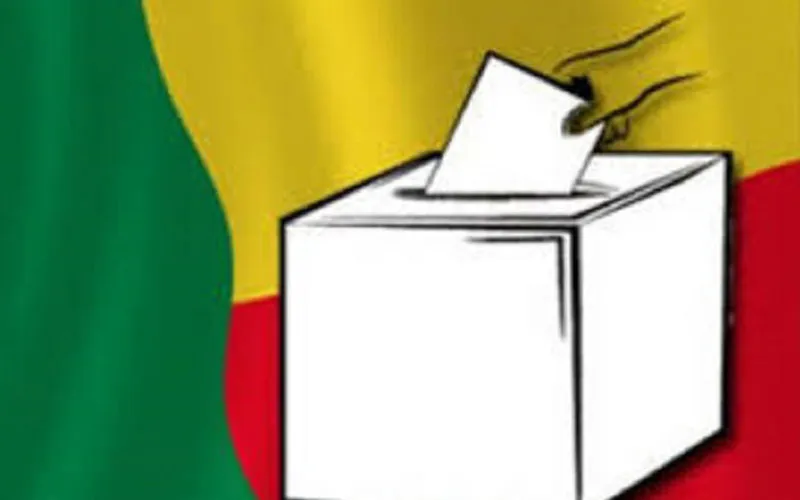Cotonou, 12 December, 2020 / 12:12 pm (ACI Africa).
The leadership of the Catholic Christian Observatory for Governance (OCCG), an organ of the Episcopal Conference of Benin (CEB), has called on the government of the West African country to abolish the electoral law, which requires aspiring presidential candidates to have the sponsorship of Mayors.
In a collective statement availed to ACI Africa Tuesday, December 8, the members of OCCG say because Members of Parliament passed “non-consensual interpretative laws … which led to the appointment of many Mayors of the same political persuasion, (it will make) the fair and equitable application of sponsorship complex.”
“Sponsorship fulfils its function and shows its relevance in a context of pluralist democracy where elected officials, personalities and citizens entitled to sponsor candidates come from the parties of the movement and the opposition,” say the members of OCCG in their statement dated December 4.
Sponsorship, they however note, “can legitimately become a source of suspicion and frustration that can lead to unpredictable conflict and violence when those called upon to sponsor others all come from the same political bloc.”
Members of Parliament in Benin passed a new electoral law that requires aspiring presidential candidates and their running mates (vice-president) to have the sponsorship of at least 10 percent of the Mayors or their deputies before vying for the political seats in November 2019.








